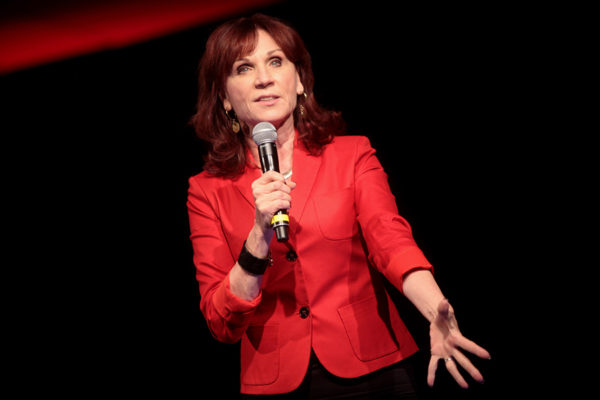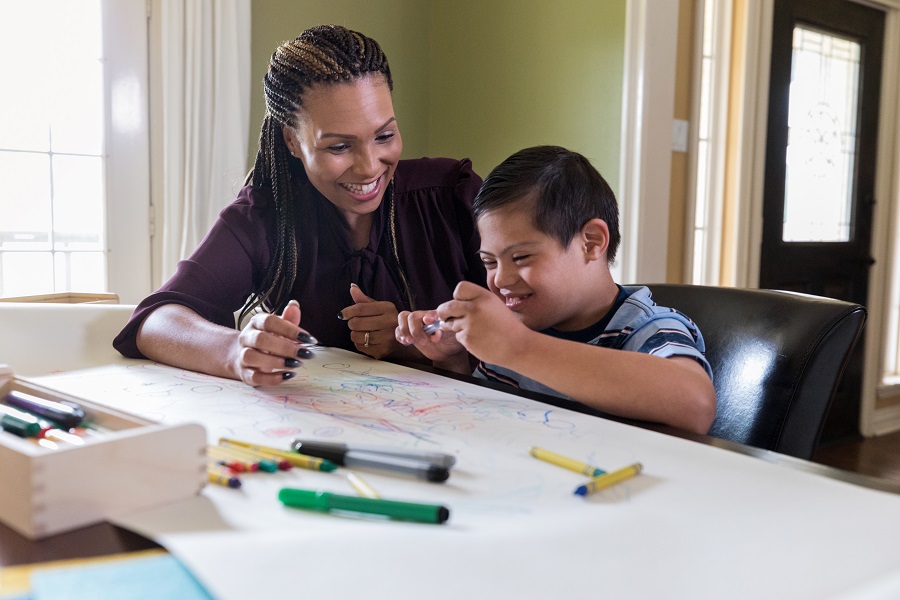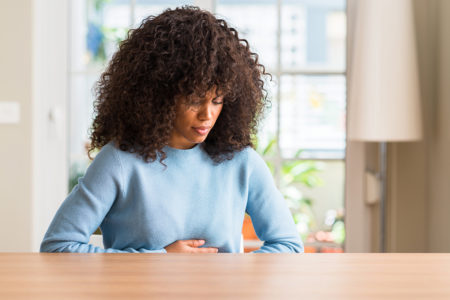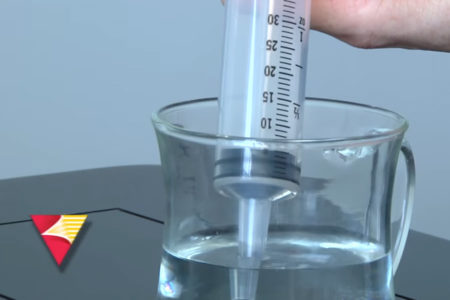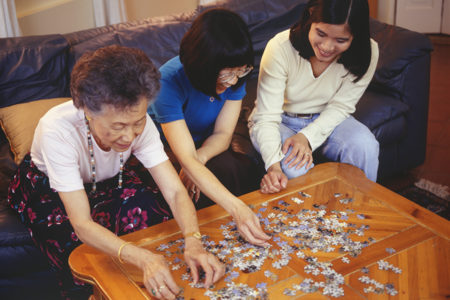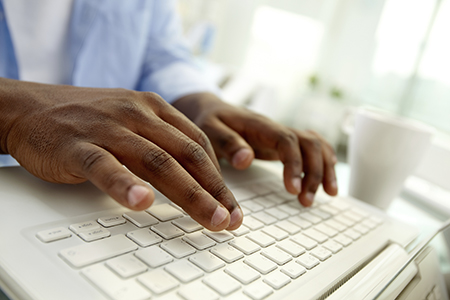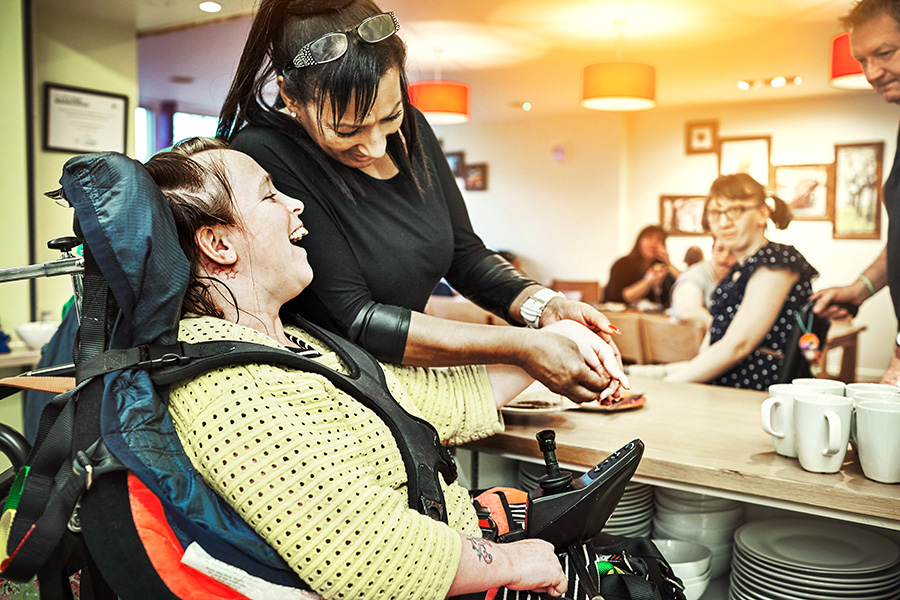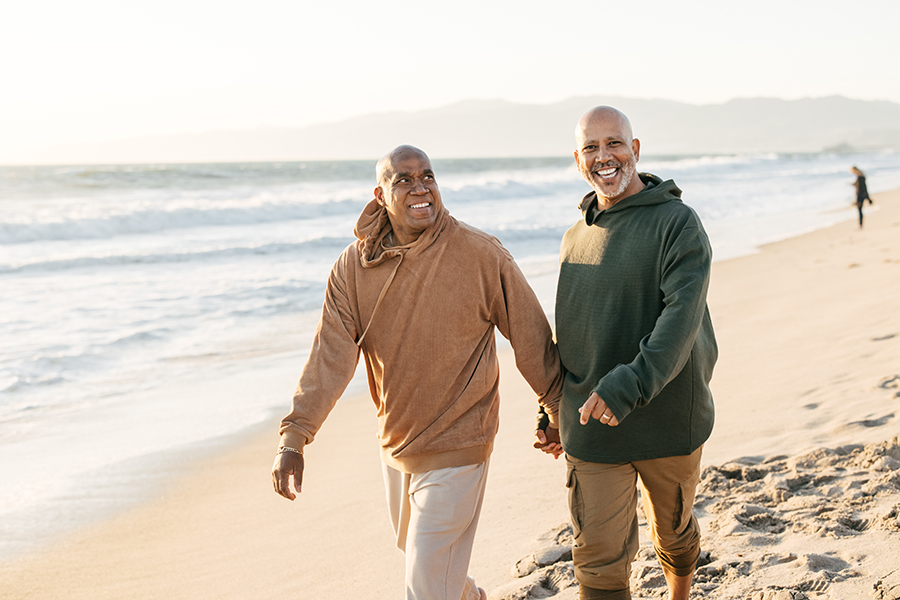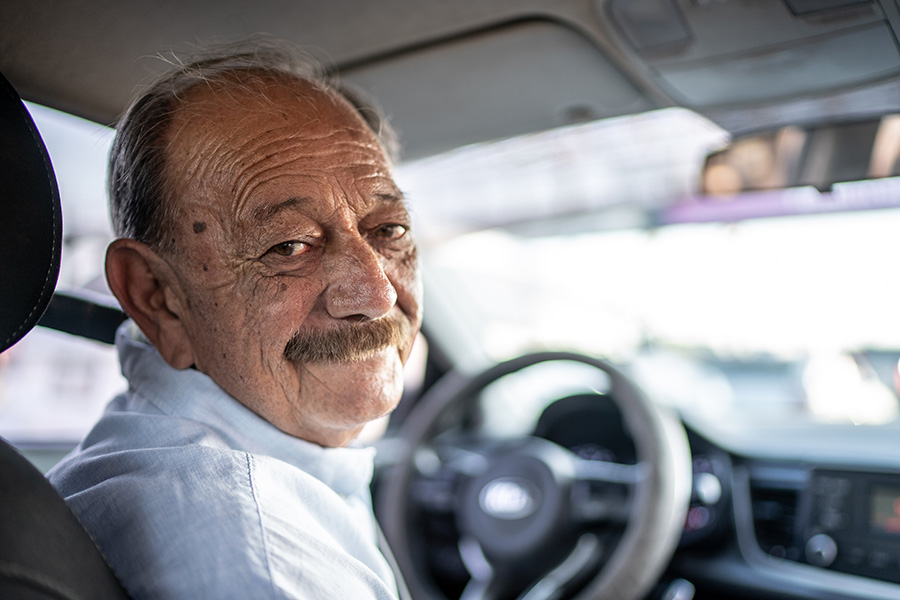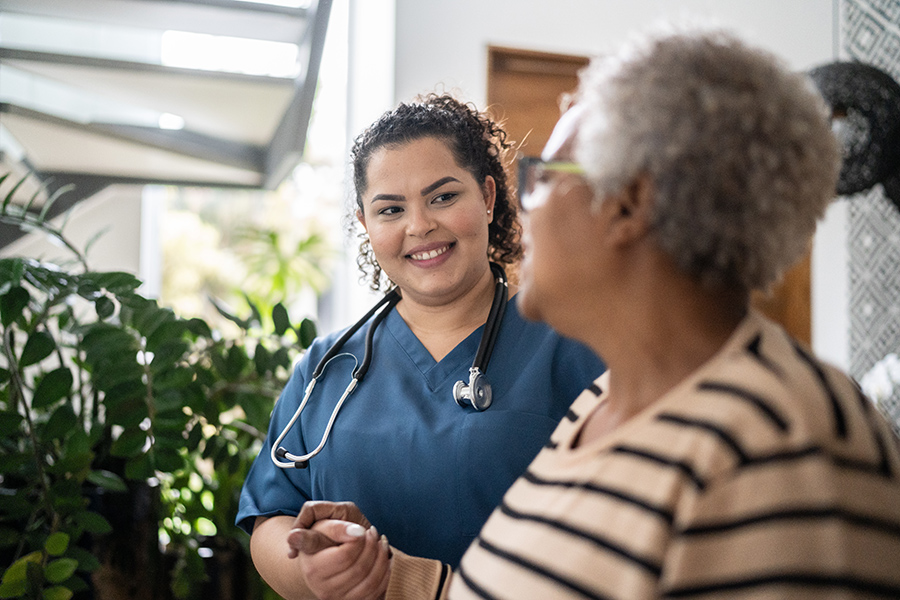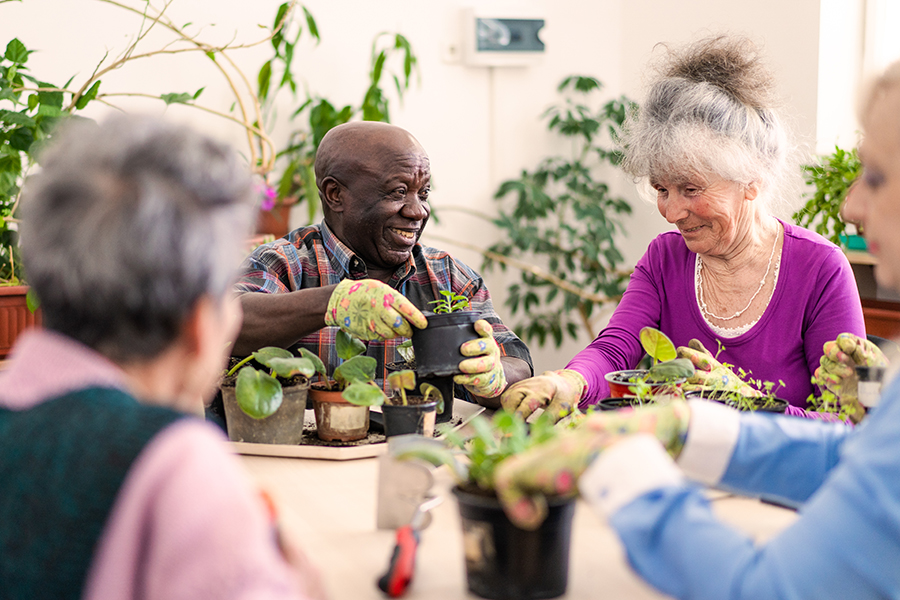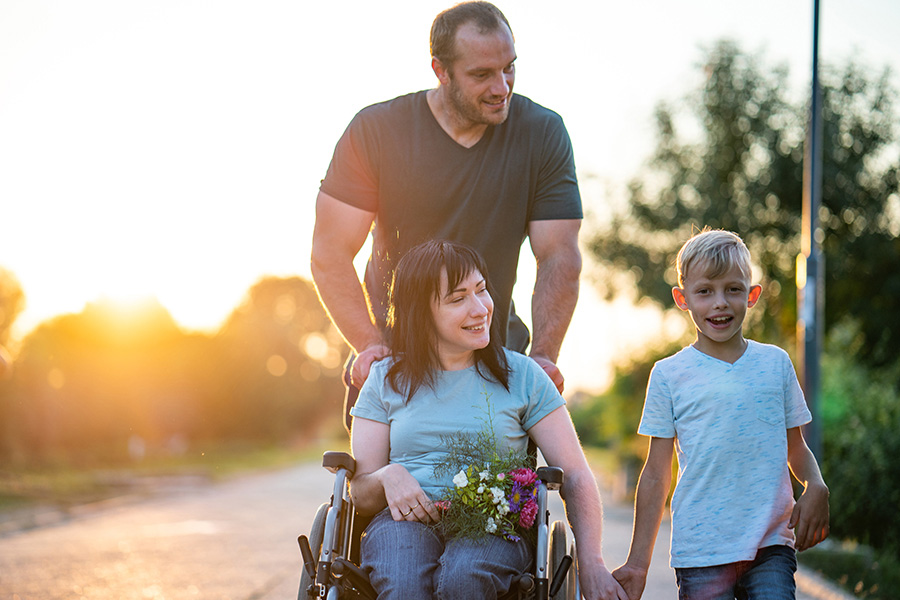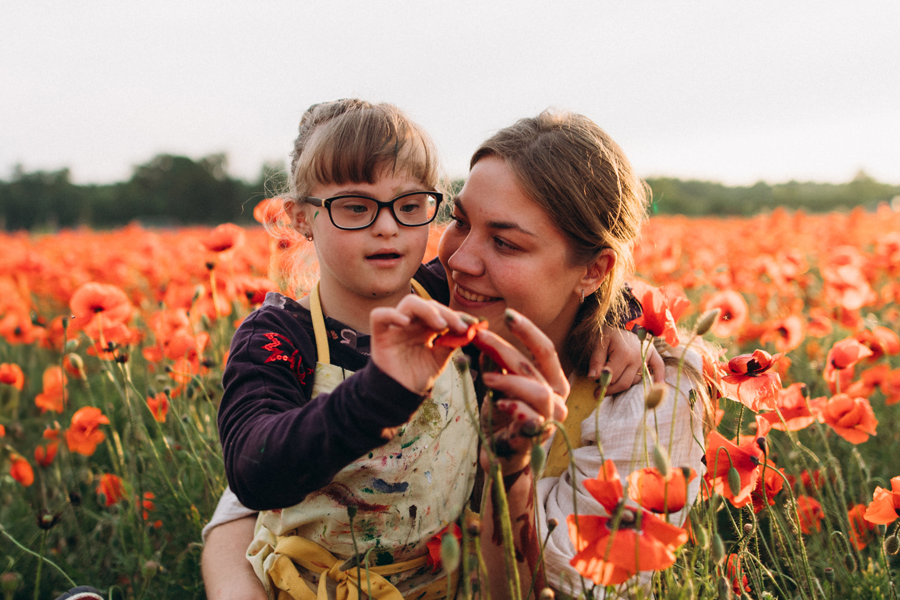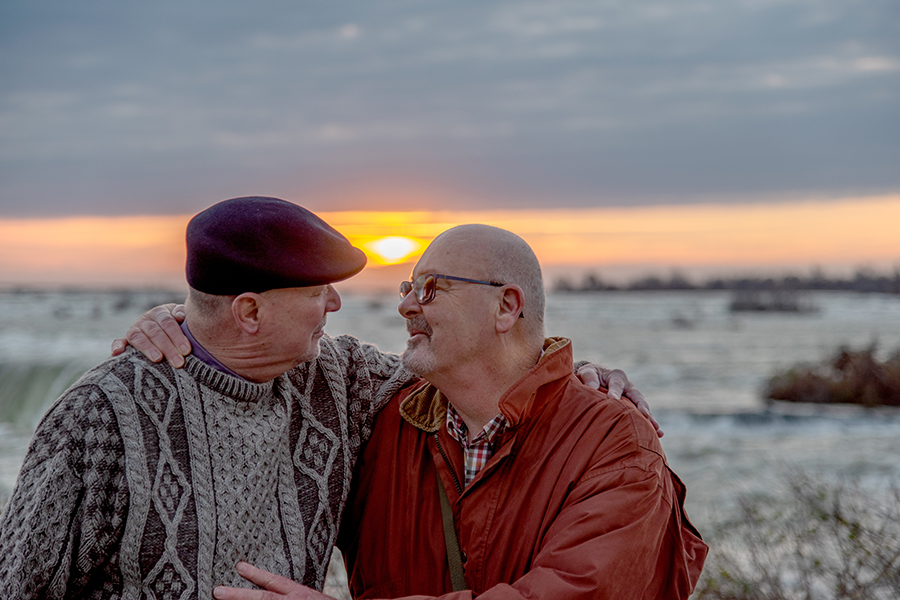Image by Gage Skidmore, Wikimedia Commons
By Christine Copelan, Parade.com | June 25, 2018
Marilu Henner‘s relationship with husband Michael Brown reads like a romance novel: The pair met in college when Brown was dating Henner’s roommate but lost touch after the Taxi star left to pursue an acting career. Years later, Henner and Brown reconnected and began a whirlwind romance—only for Brown to be hit with bladder and lung cancer diagnoses early in their relationship.
But you can put away the tissues: “My husband has a very happy ending story—he’s almost 15 years now in remission,” says Henner, who partners with Genentech and Bladder Cancer Advocacy Network to raise awareness about caregiving and bladder cancer.
The couple wrote a book about their experience called Changing Normal: How I Helped My Husband Beat Cancer, which came out in 2016.
“Writing the book with him was so much harder than curing his cancer,” says Henner. “I was writing a self-help book and he was writing Old Man and the Sea!”
Here, Henner dishes on what it takes to be a good caregiver and her biggest epiphany about health.
You’ve been busy lately! What are some projects you’re working on?
I’m working on a new Broadway show. We open August 13 in New York at the Belasco Theatre. It’s called Gettin’ the Band Back Together. We have our first preview on July 19, and then we open August 13. That’s exciting, it’s so exciting. So I’m doing that, and I’m doing, also, An Aurora Teagarden, I’m doing three more, at least—probably quite a few more. I’m working on another book that I’m not allowed to talk about yet, but I’m definitely doing that, and working on a memory project, as well. And of course, always advocating for better health and working with Genentech and BCAN. It’s been a busy time, but you know, happy problems.
How did you and Michael meet?
What was interesting was Michael and I had known each other in college. He was my college roommate’s boyfriend, but she saw him first, and because of the girlfriend code, I didn’t dare even twinkle in his direction, but I always really liked him. And then third year, I left to become a professional actress, but a few years later, I ran into him in a courthouse in New Orleans, where I was getting a marriage license to marry my first husband. Six months after my second divorce was final, Michael called me out of nowhere. We had not seen each other since New Orleans. We got together within a week, we were saying, “I love you. We’re going to spend the rest of our lives together.” And two months later, he was diagnosed with bladder cancer. He’s been in remission almost 15 years.
How can you care for the emotional health of someone going through something like this?
First of all, you try to keep as much of a sense of humor as you possibly can. I always say the first day is the worst day. That’s when you feel that body blow, that punch in the gut. And the patient, of course, they’re flipping through the Rolodex in their brain of I’m going to die. What do I have to do to get my affairs in order? They feel like it’s over. As a caregiver, you not only have to give that emotional support but not get caught up in the jet wash of doom and gloom. It’s really also becoming a good listener and not taking anything personally. They’re going to go through everything. There’s going to be shame and blame and pointing fingers and so many other things. You kind of have to ride the wave and stay above the fray.
How did you handle caregiving?
Caregiving has its own issues, and I think that everybody might take it on a little differently. I kept thinking, Ok what am I learning from this visit? It’s freezing cold in hospitals, we’re doing this during the summer—I better layer up. I better wear sneakers, and I can go up and down the halls and sort of multitask my health or go around the block or up and down the stairs. I learned how to pack the caregiver bag of what I needed. The snacks and the kind of throw, blanket. Water, hydration. Make sure you bring a charger. Make sure you’re reading a good book because you might have to sit around for a couple hours. It was all those things. And I think the attitude. If I had to say there’s one thing that I learned, it was more about having the right kind of attitude going into it. No matter what kind of day I had, instead of jumping on him, I always wanted to take a temperature and see what was happening with him first. Because he’s really the one facing this.
How can caregivers take care of themselves? It’s emotionally hard to be “on” all that time.
What feeds you that maybe other people wouldn’t understand? I always give this example because it’s such a funny one. When I was doing Taxi years ago, Tony Danza, every once in a while, used to walk in and say, “I’m feeling a little tense, anybody have anything to iron?” He loved ironing! Some people hate ironing—most people hate ironing—but not Tony. You find those little pockets of time within your own day and you know how to let off steam that way. You know how to throw yourself into a book or throw yourself into some kind of exercise or call your sister who always makes you feel good. You navigate it, you figure out for yourself what is going to feed you in little ways so that you can continue playing that role, being the caregiver.
Why do you think people hesitate to talk about cancer?
First of all, we all grew up or we remember our parents or grandparents—”The Big C.” I think people don’t really understand it. They think it’s something that God poofs on you when you’re in your 40s or 50s or, god forbid, younger. They don’t understand that we constantly have mutant cells running around throughout our whole body, but if we have healthy cells around it, then they don’t start multiplying and becoming cancer. Michael always says you’ve got to love your cancer to death. You have to understand it, and you have to love it so much it dies. If you understand it, you know how to get rid of it. It’s like that fear of the unknown. The human body wants to heal. I think that was probably my biggest epiphany caregiving for my mom. No matter what they were doing to her, her body would try to rally. Having that epiphany really changed my life and the way I started looking at disease and health and the human body, in general.
How can we start to have an open dialogue about cancer?
You first of all have to make it safe for the other person. People are more reluctant to tell a love one that they have cancer than they are to tell them that they’ve had an affair or something. It’s crazy. I think you, as the caregiver, can make it safe for the other person and not hit that panic button right away and just let them talk. I know sometimes Michael would get very, very upset and distressed and depressed, and he’s not a big talker. So I, who talk all the time, had to become a little more patient and let him find his own rhythm to how he wanted to talk about it. But I think that because we were so new and there was such a loving communication between us and the two of us really felt like we found each other that we just couldn’t imagine the alternative. To this day, probably, we think of cancer as a death sentence. There are so many cancer survivors that I hope that attitudes changing.






